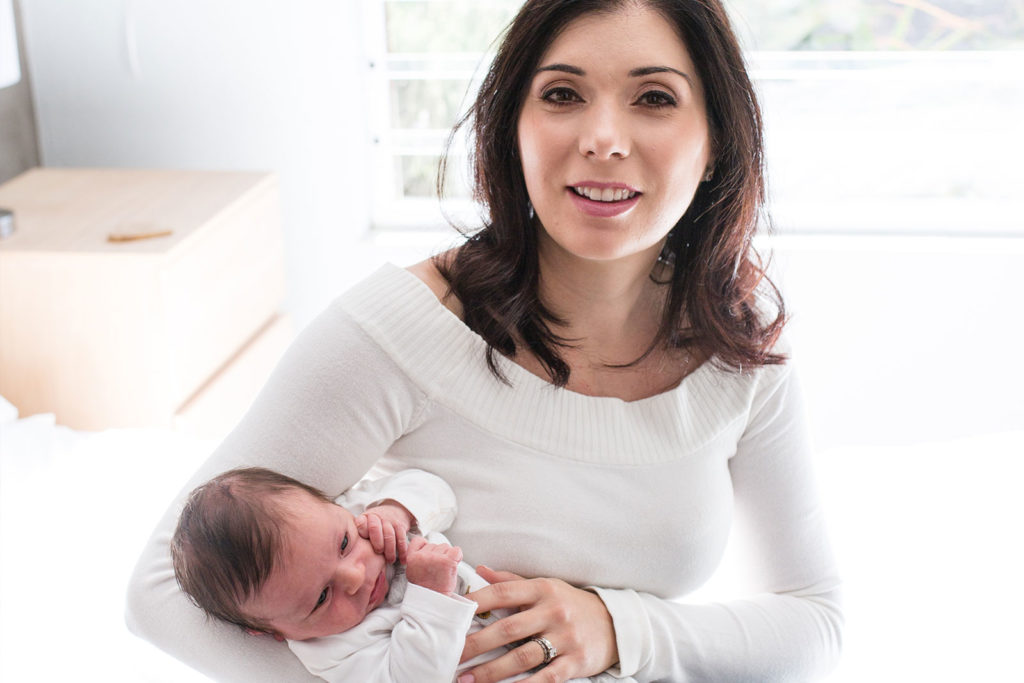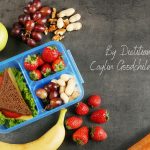6 Healthy Foods Every Women Should Eat
A woman’s nutritional needs changes with her changing body through the different life stages- from toddler years to adolescence, through to pregnancy, breastfeeding and menopause. For example, a pregnant woman needs three times the amount of iron and twice the amount of folate as men, and a breastfeeding woman needs double the amount of vitamin C as a male teenager and even more energy than when in her third trimester of pregnancy.
Research has shown that when a woman eats healthy, her family is more likely to eat healthily. Here are six foods that every woman should be eating to stay healthy, no matter her stage of life:
Yoghurt
Bloating, headaches, moodiness, irritability. These are just some of the symptoms that up to 85% of women experience during “that” dreaded time of the month. What a woman eats and drinks can also have an effect and PMS symptoms may be associated with poor dietary choices. A diet rich in calcium may lower the risk of PMS symptoms so include dairy like yoghurt, which is a healthy snack alternative to chocolates and crisps. This will not only help manage PMS directly, but the live cultures in yoghurt may help manage bloating and optimise gut health. Eating sufficient calcium-rich foods for bone health is also necessary for older women during menopause.
Carrots
To stay healthy, our skin needs vitamin A. The skin is the first line of defence against bacteria and viruses that enter the body, yet, it is often overlooked as an organ that can provide support to our immune system. Beta-carotene is a pro-vitamin that the body converts into vitamin A. Beta-carotene is important for skin ageing, especially ageing related to sun damage. This nutrient acts as an antioxidant, a powerful molecule that neutralises damaging free radicals caused by sun damage as well as other lifestyle factors such as poor sleep, stress, poor diet, and smoking. The good news is that the humble carrot is high in beta-carotene, whether served up fresh, frozen, cooked or as a vegetable juice.
Eggs
A vital nutrient for pregnant women is choline, which plays a key role in the development of a baby’s brain and nervous system. For this reason, there are higher demands for choline during pregnancy to improve a variety of developmental and health outcomes in the growing baby. Pregnant women should aim for an intake of 450mg of choline daily. Two eggs contain about 250mg of choline, or roughly half the recommended needs, making eggs a good food choice for pregnant women.
Avocado
Contrary to popular belief, rich and creamy avocados can form part of an energy-controlled diet for weight loss. The monounsaturated fats in avo give a quicker feeling of fullness which reduces overeating. The richness may also help make the diet more appetizing, reducing the temptation to binge on foods high in energy from sugar and bad fats. Also, avos are high in biotin which offers up one-third of our biotin needs per serving. Biotin contributes to the maintenance of normal skin and hair.
Fish
Fish offers lean protein and iron, two nutrients that a woman needs more of when pregnant. White fish like hake, tuna and kingklip are good choices, and choosing fatty fish in particular like salmon, pilchards, mackerel or herring will help you meet omega-3 needs. Omega-3s are healthy fats that the body cannot make and therefore must be eaten. Omega-3s are good for healthy skin, the development of a baby’s brain and eyes during pregnancy and breastfeeding, reducing the risk of premature birth, and may decrease the risk of heart disease over time.
Chickpeas
Chickpeas are high in gut-healthy soluble fibre to help manage constipation in pregnancy, and the bloating during that time of the month. We know that fibre helps lower the risk for breast cancer, as well as other conditions that affect men and women alike, such as heart disease, diabetes, irritable bowel syndrome, and colon cancer. Foods rich in fibre tend to be low in energy too, assisting with weight loss. Furthermore, fibre-rich foods are naturally nutrient-rich, enhancing our nutrient intake for an overall healthier diet. Other high fibre foods are legumes like beans and lentils. Add beans to summer salads or winter soups, roast with paprika, pepper and cumin for a spicy roasted chickpea snack, and bulk up mince dishes with lentils.
Women are the heart of the home and we salute you for the good food choices you make daily to keep your families healthy.

Author Bio:
Hello, I’m Monique.
Monique Piderit, RD (SA) is a registered dietitian at Nutritional Solutions with a Masters degree in dietetics, and PhD candidate at the University of Pretoria. Guided by evidence-based nutrition, Monique believes in an integrated approach to wellness where the key to being healthy is to adopt small yet sustainable changes to your lifestyle.
Website: https://www.nutritionalsolutions.co.za/
Facebook: https://www.facebook.com/nutritionalsolutionssa
Instagram: https://www.instagram.com/nutritionalsolutionssa/




